Climate change isn’t just a local issue; it’s a global crisis, and every country needs to step up, especially China. Is the U.S. doing enough to push back, or are we all complicit in ignoring the harsh realities?
1. World’s Largest Emitter
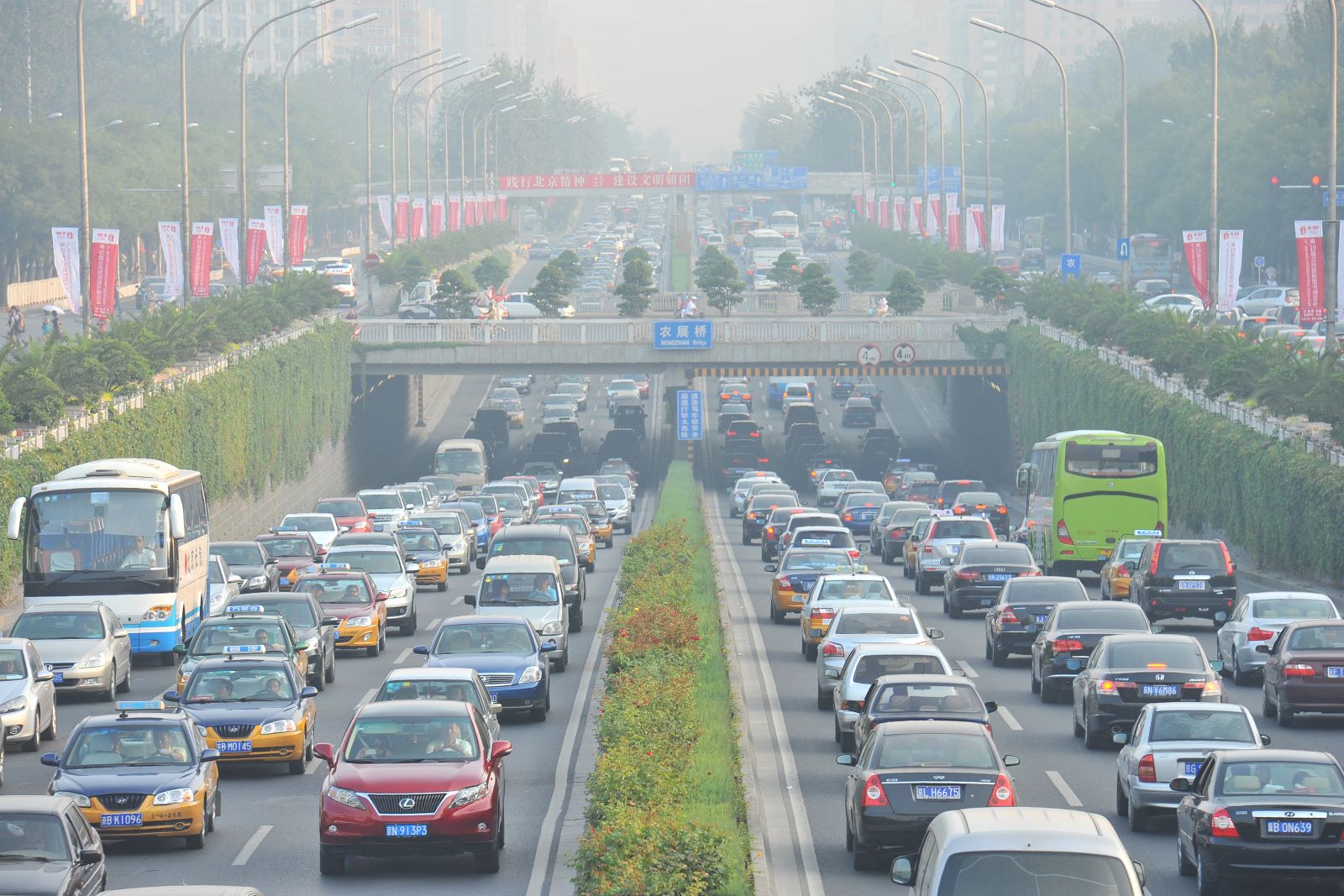
Image Credit: Shutterstock / Hung Chung Chih
China is currently the world’s largest emitter of carbon dioxide, responsible for over 28% of global CO2 emissions. The sheer scale of its emissions puts immense pressure on global efforts to combat climate change.
2. Coal Dependency
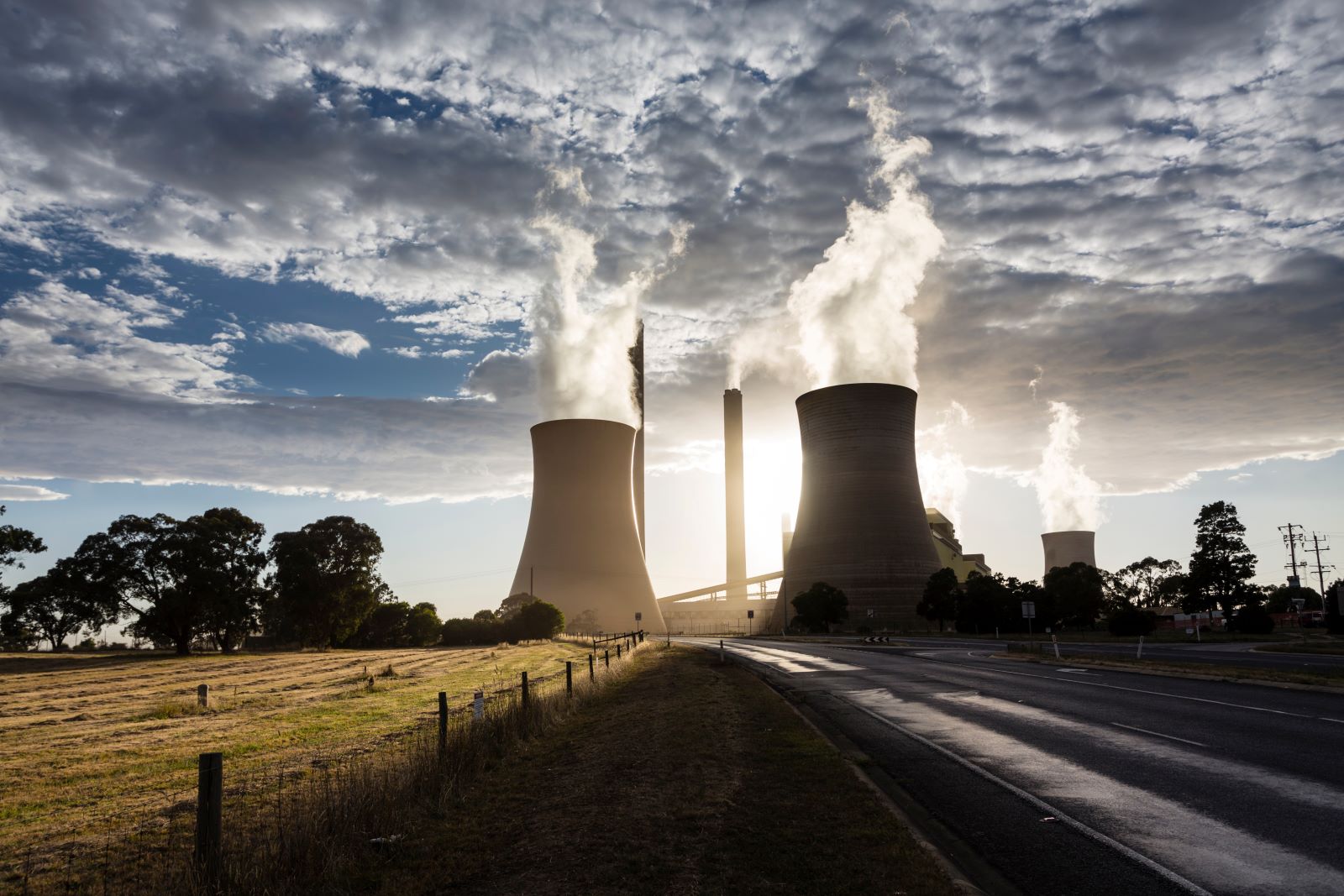
Image Credit: Shutterstock / I. Noyan Yilmaz
Despite global pushes for cleaner energy, China continues to open and operate new coal power plants. This reliance on the most polluting fossil fuel exacerbates the global climate crisis.
3. Air Quality Issues
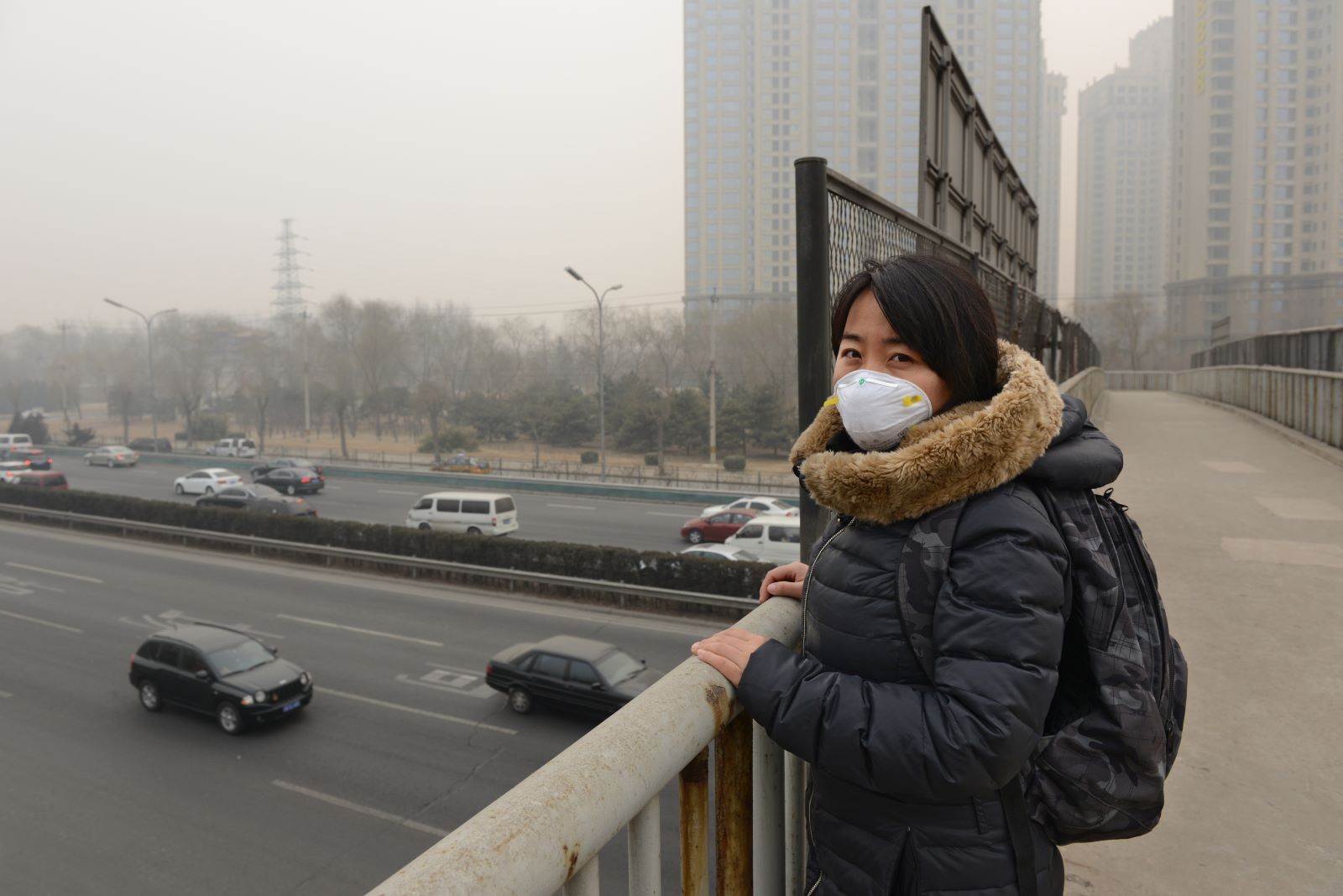
Image Credit: Shutterstock / Hung Chung Chih
Cities like Beijing often face severe air pollution levels, causing public health crises. The persistent smog is largely due to emissions from heavy industry and motor vehicles.
4. Industrial Pollution
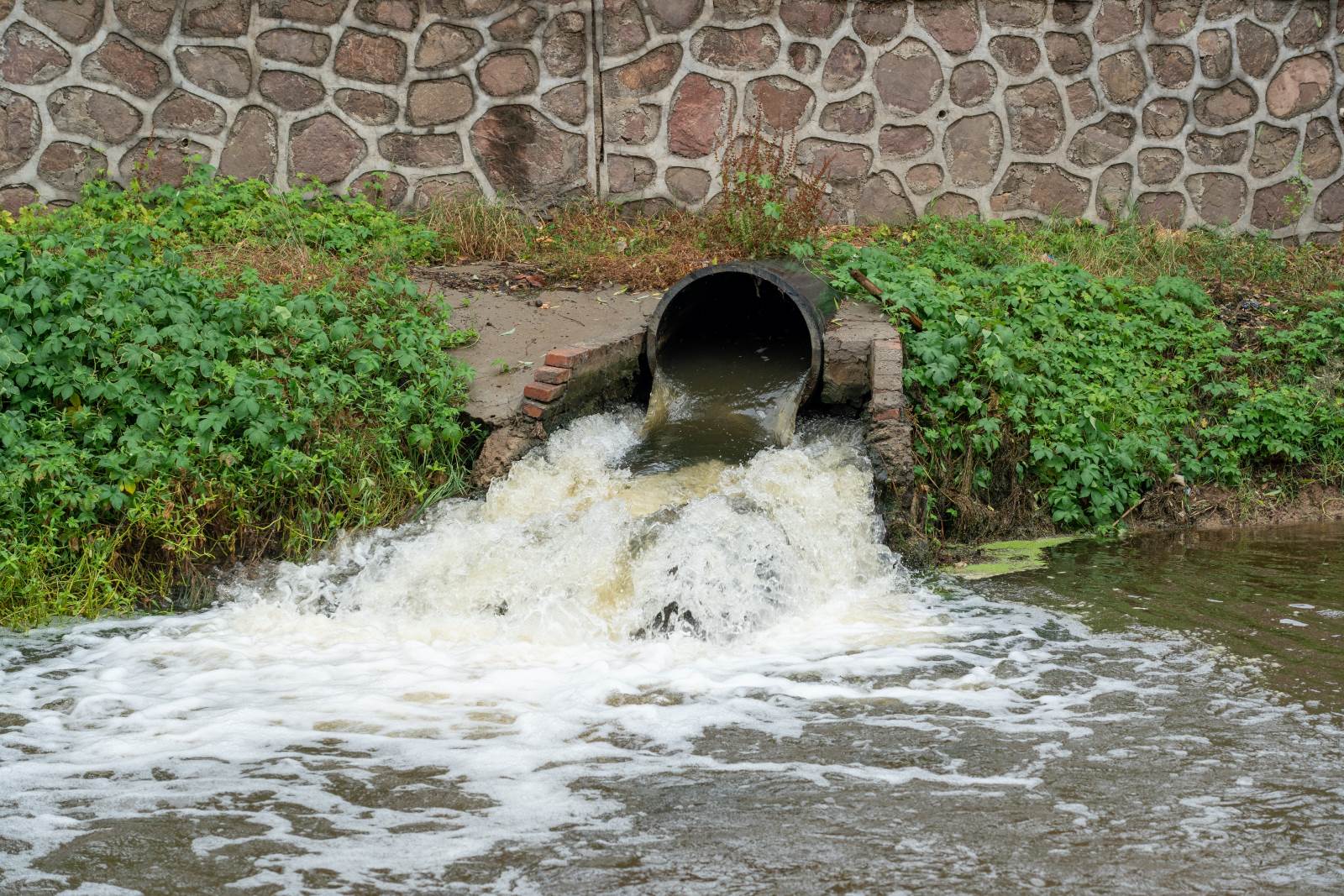
Image Credit: Shutterstock / kungfu01
China’s rapid industrialization has come at the cost of environmental health, with many waterways and much of the soil now heavily polluted. This not only affects China but also has broader implications for global ecological health.
5. Carbon Intensity
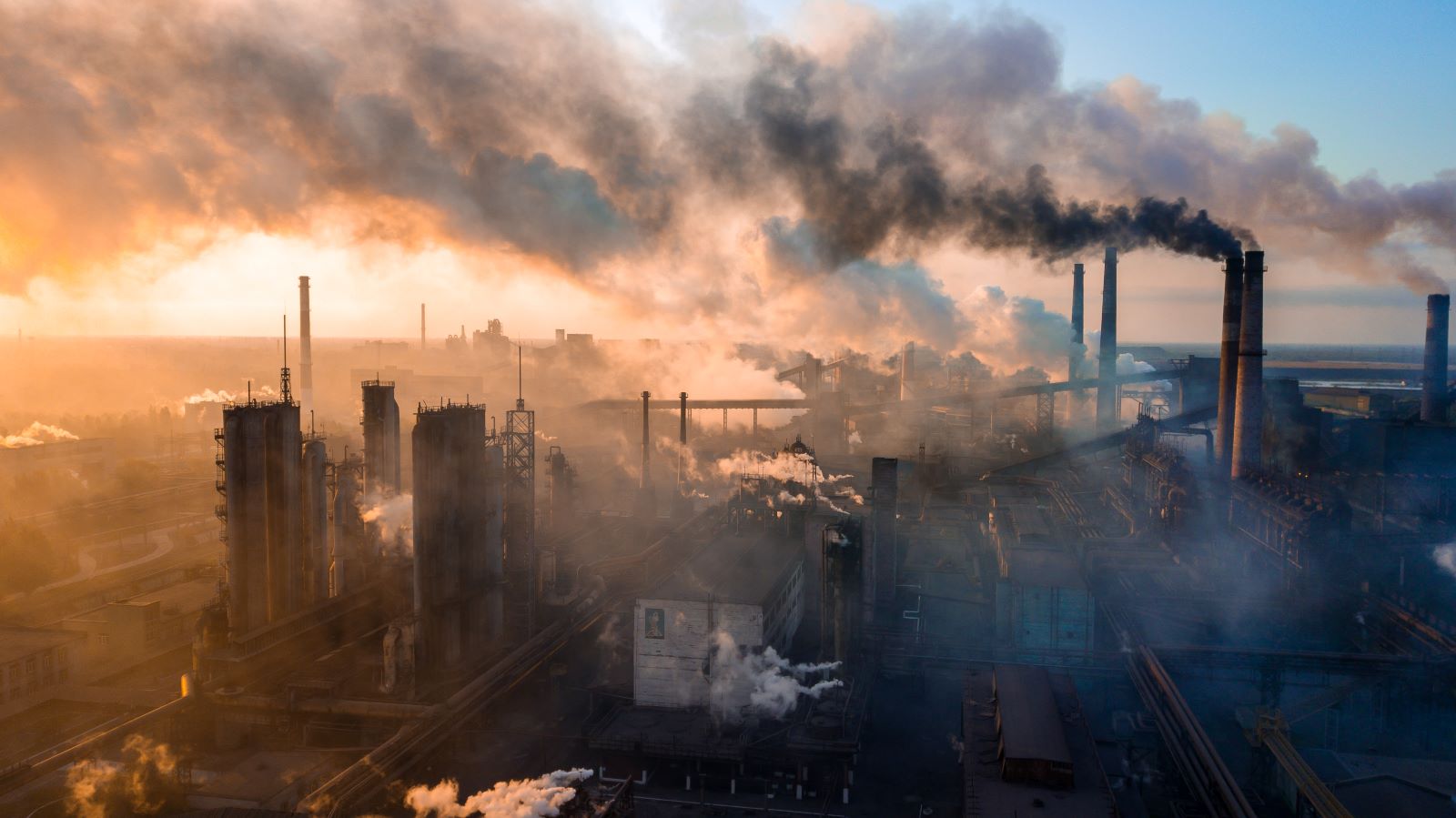
Image Credit: Shutterstock / TR STOK
The carbon intensity of China’s economic output remains high compared to global standards. This indicates inefficiencies and a lack of cleaner, modern technologies in production processes.
6. Methane Emissions
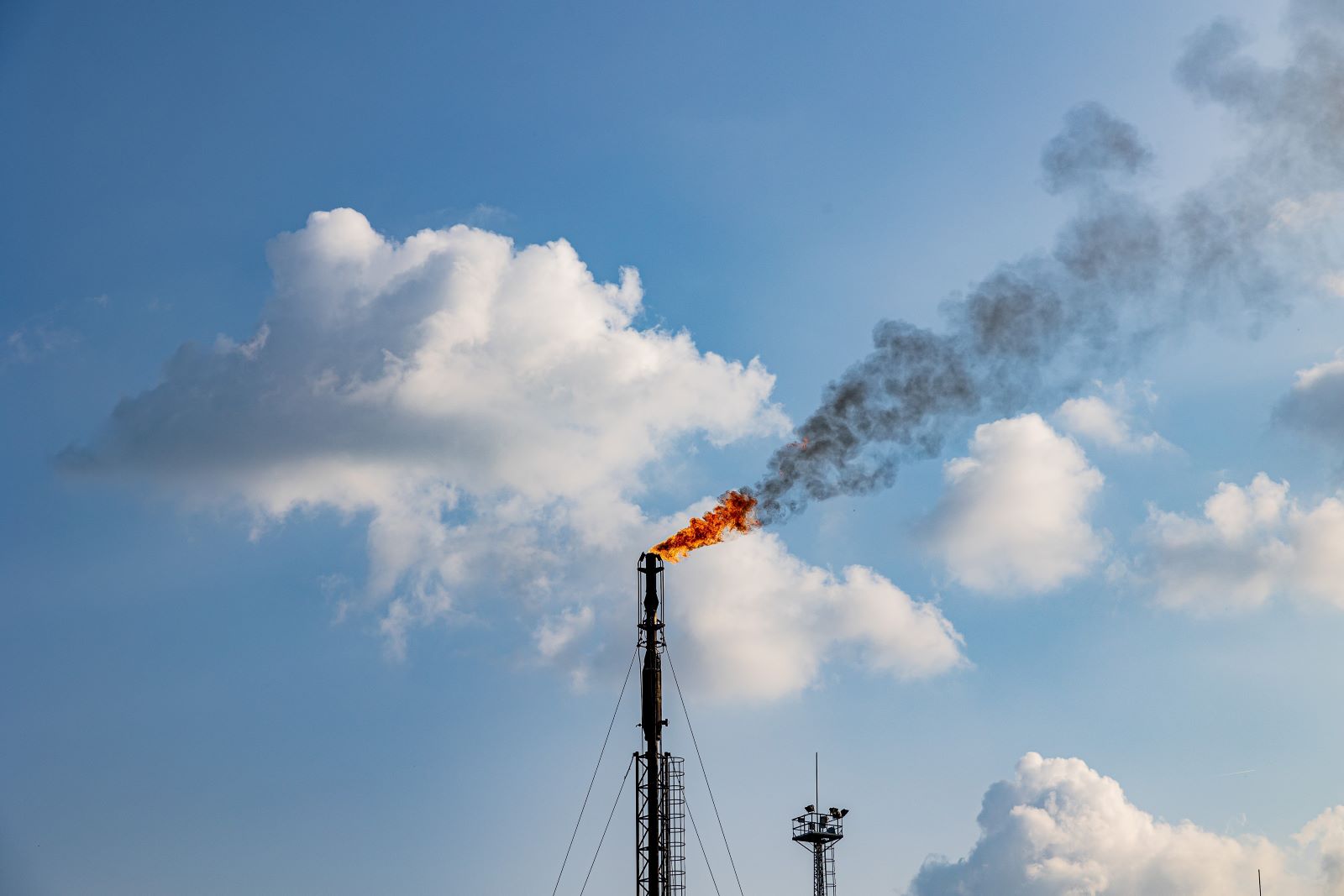
Image Credit: Shutterstock / Martchan
China is a major contributor to global methane emissions, a potent greenhouse gas, primarily from its large coal mining and agricultural sectors.
7. Deforestation
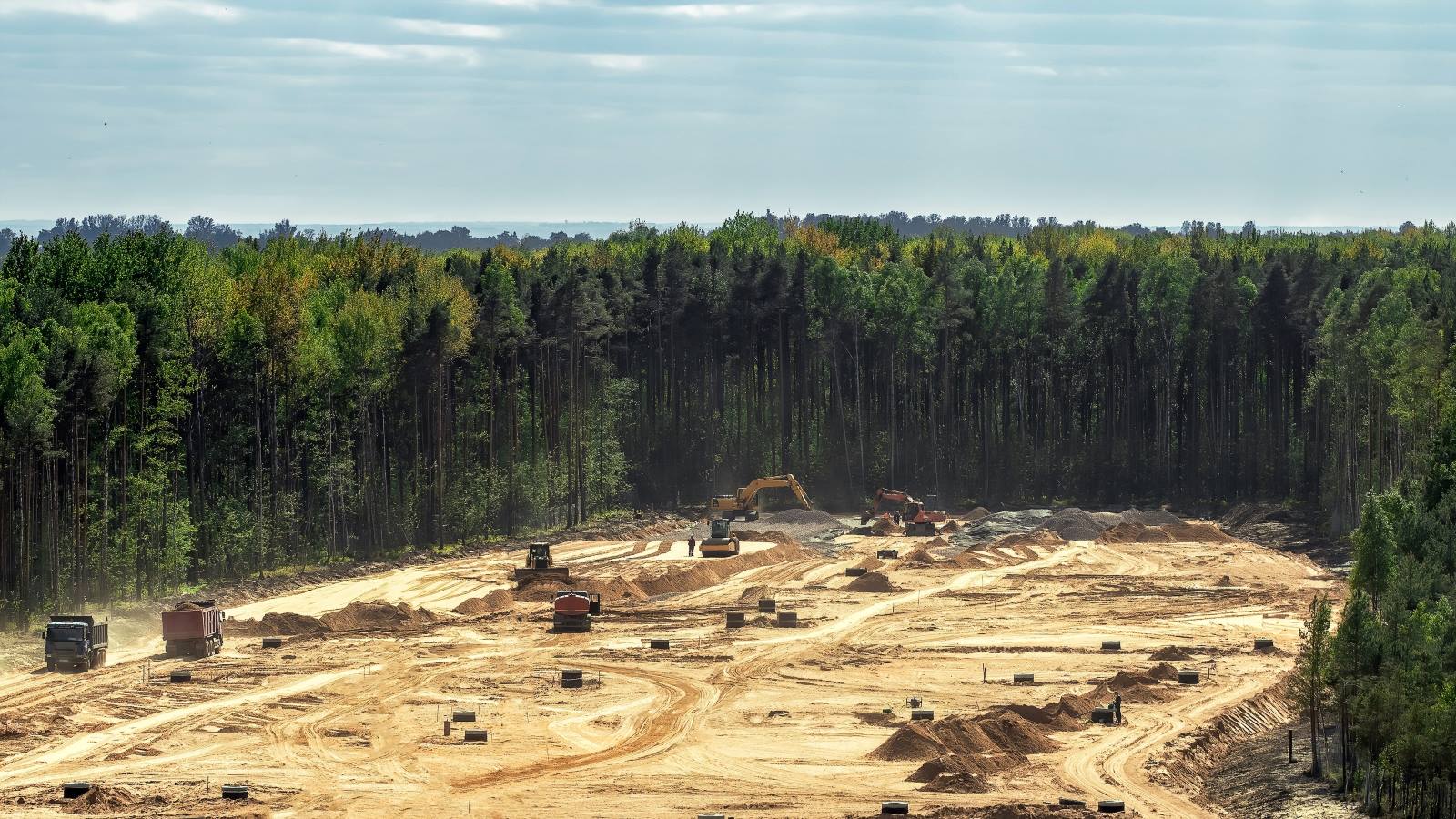
Image Credit: Shutterstock / kukurund
Massive deforestation linked to agricultural expansion and urban development in China contributes to loss of biodiversity and increased carbon emissions.
8. Ocean Pollution

Image Credit: Shutterstock / Rich Carey
China is one of the top contributors to ocean plastic pollution. This not only harms marine life but also affects oceanic health globally.
9. Consumer Culture
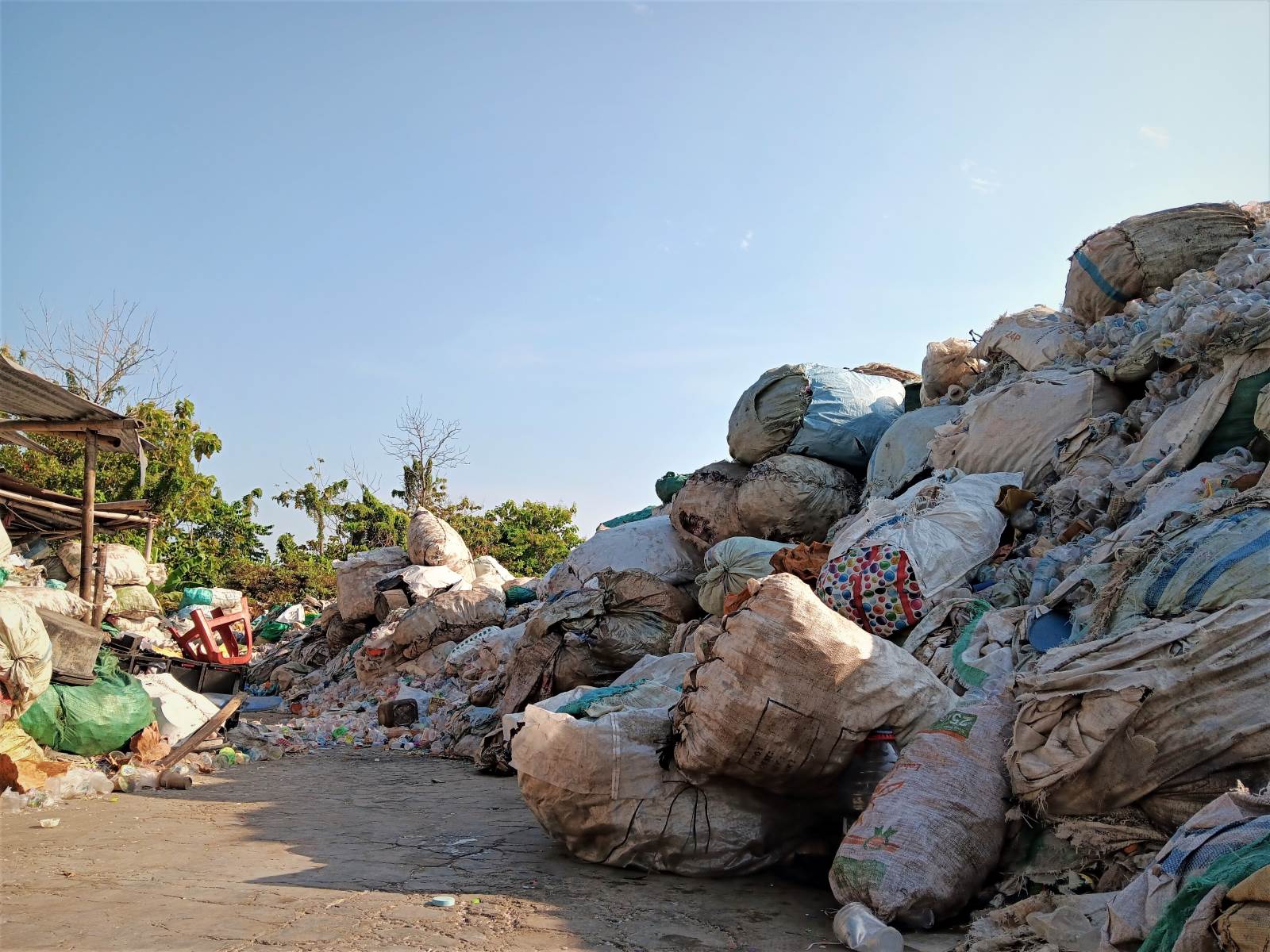
Image Credit: Shutterstock / Mas sekhu
The growing consumer culture in urban China adds to global waste, much of which is produced to meet domestic demand for consumer goods.
10. Lack of Enforcement

Image Credit: Shutterstock / Alfa Photostudio
Environmental regulations in China often suffer from poor enforcement, with local governments sometimes prioritizing economic growth over environmental protection.
11. Energy Consumption

Image Credit: Shutterstock / Ratchat
China’s total energy consumption is the highest in the world, with significant inefficiencies and a major reliance on non-renewable sources.
12. Export of Pollution

Image Credit: Shutterstock / Matej Kastelic
Many industries have relocated from the West to China, effectively exporting pollution. Western consumers are thus indirectly linked to this pollution through consumption of goods made in China.
13. Biodiversity Loss

Image Credit: Shutterstock / MAD.vertise
Rapid industrial expansion and pollution have led to significant biodiversity loss within China, affecting global ecological balance.
14. Investment in Overseas Coal
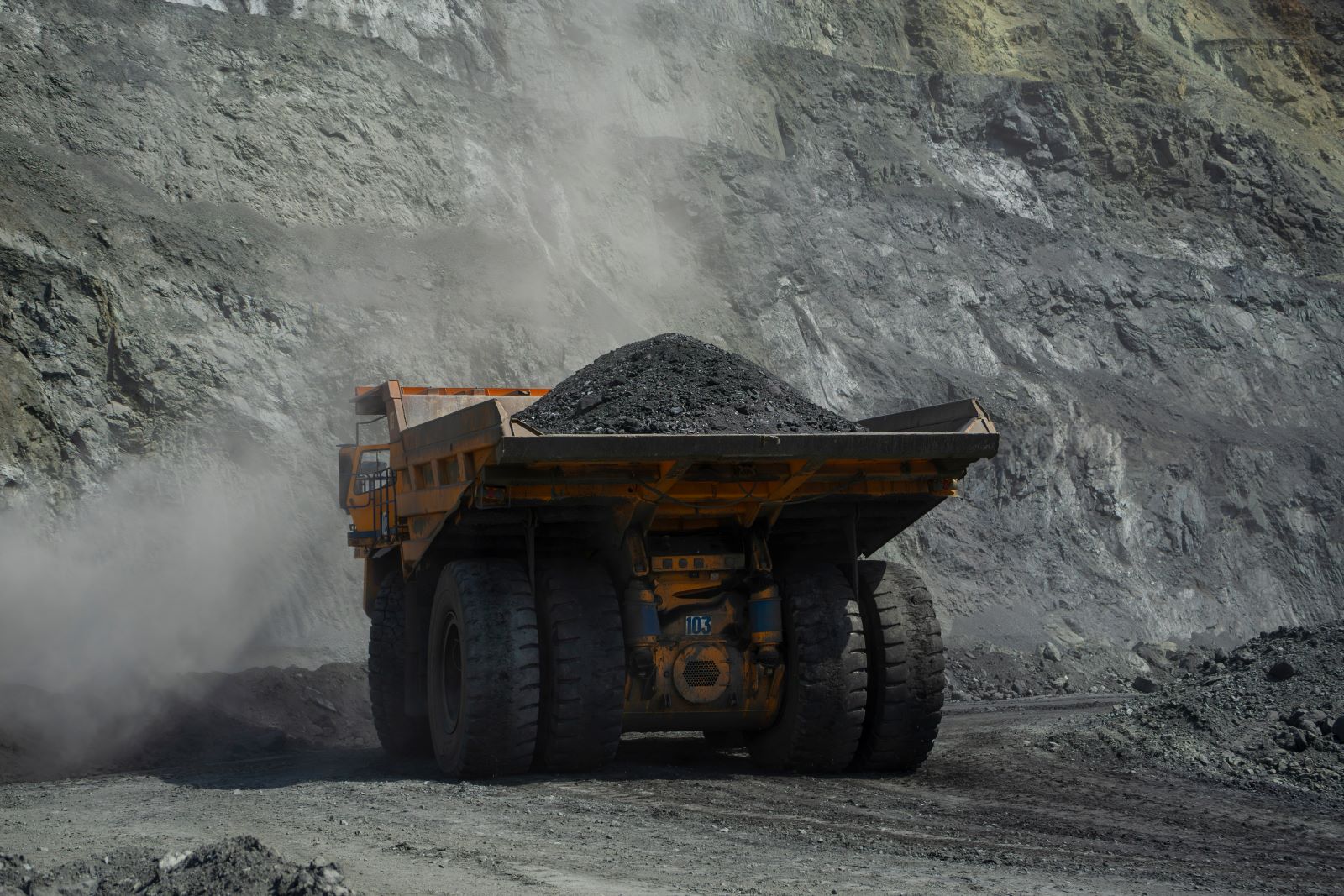
Image Credit: Shutterstock / Skynight87
China invests heavily in coal projects abroad, particularly in developing countries, promoting the use of fossil fuels globally.
15. Water Scarcity and Pollution

Image Credit: Shutterstock / SIRNARM USAVICH
Water scarcity exacerbated by pollution is becoming a severe problem in China, affecting food production and public health.
16. Lack of Transparency

Image Credit: Shutterstock / Summit Art Creations
There is often a lack of transparency in China regarding environmental data and government actions, making it difficult to assess true progress and engage in meaningful international collaborations.
17. Impact on Global Markets
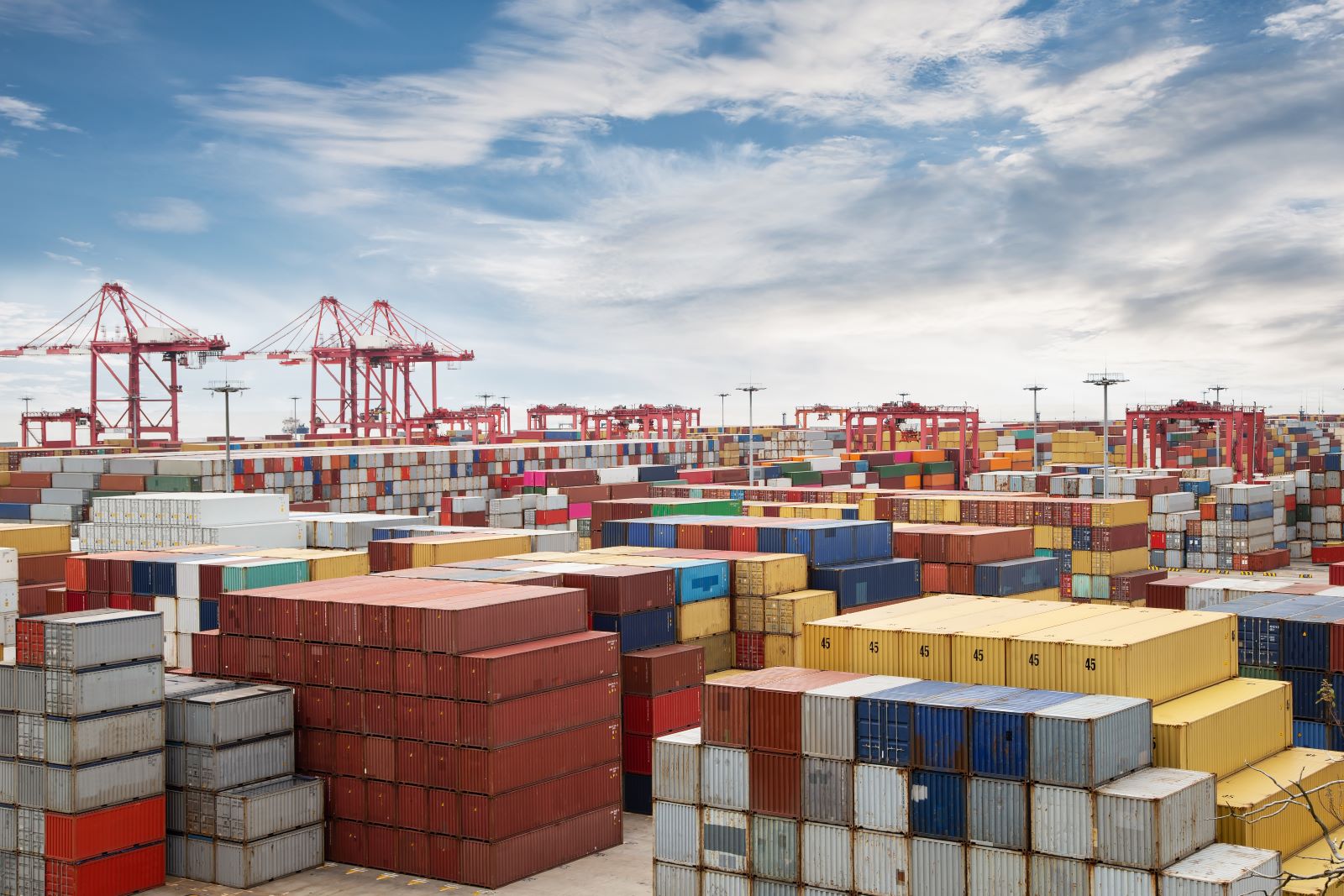
Image Credit: Shutterstock / crystal51
China’s actions affect global markets, particularly in commodities and energy, influencing environmental policies worldwide.
18. Soil Contamination
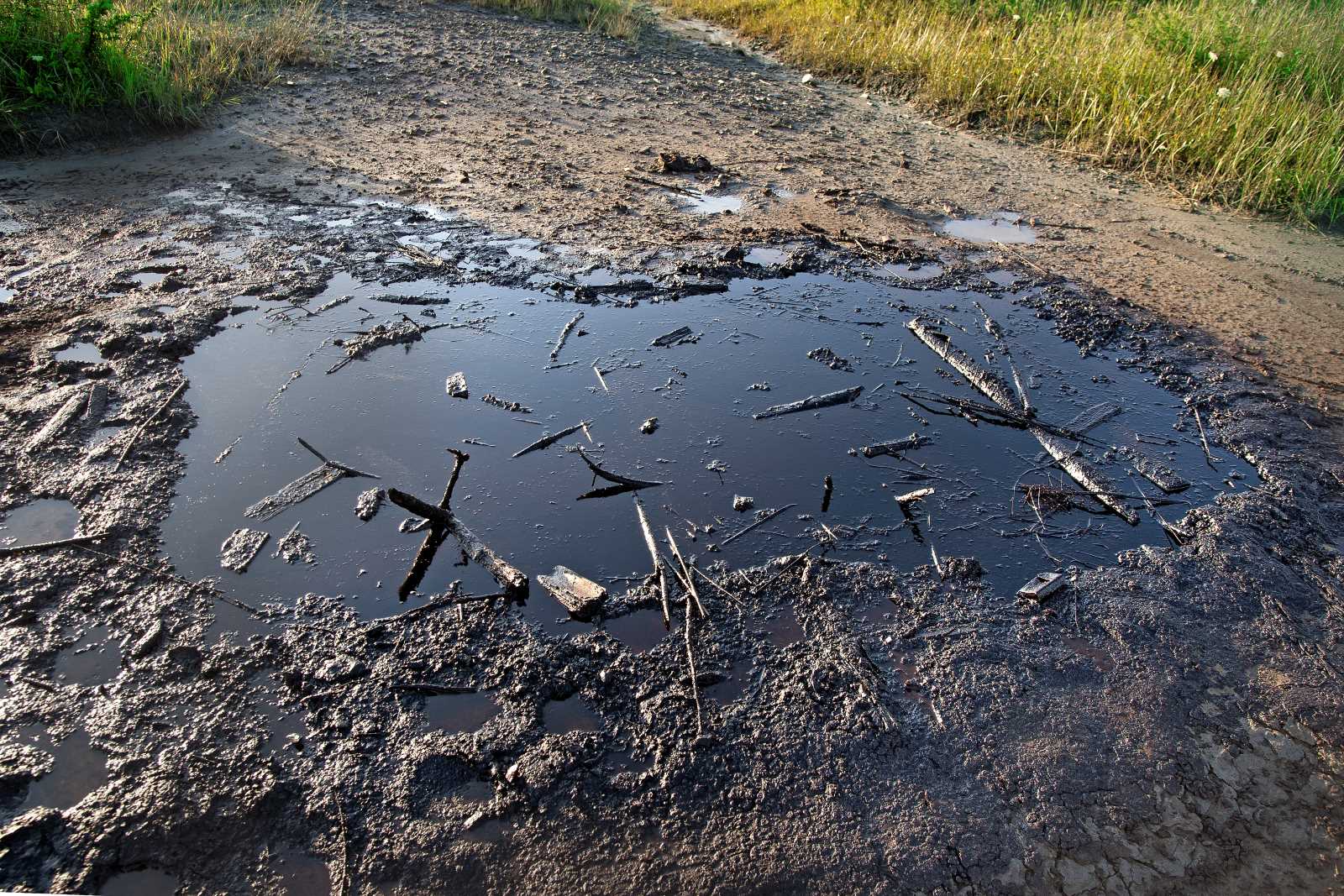
Image Credit: Shutterstock / Mykola59
Extensive industrial pollution has resulted in significant soil contamination, compromising food safety and agricultural productivity.
19. Urban Sprawl
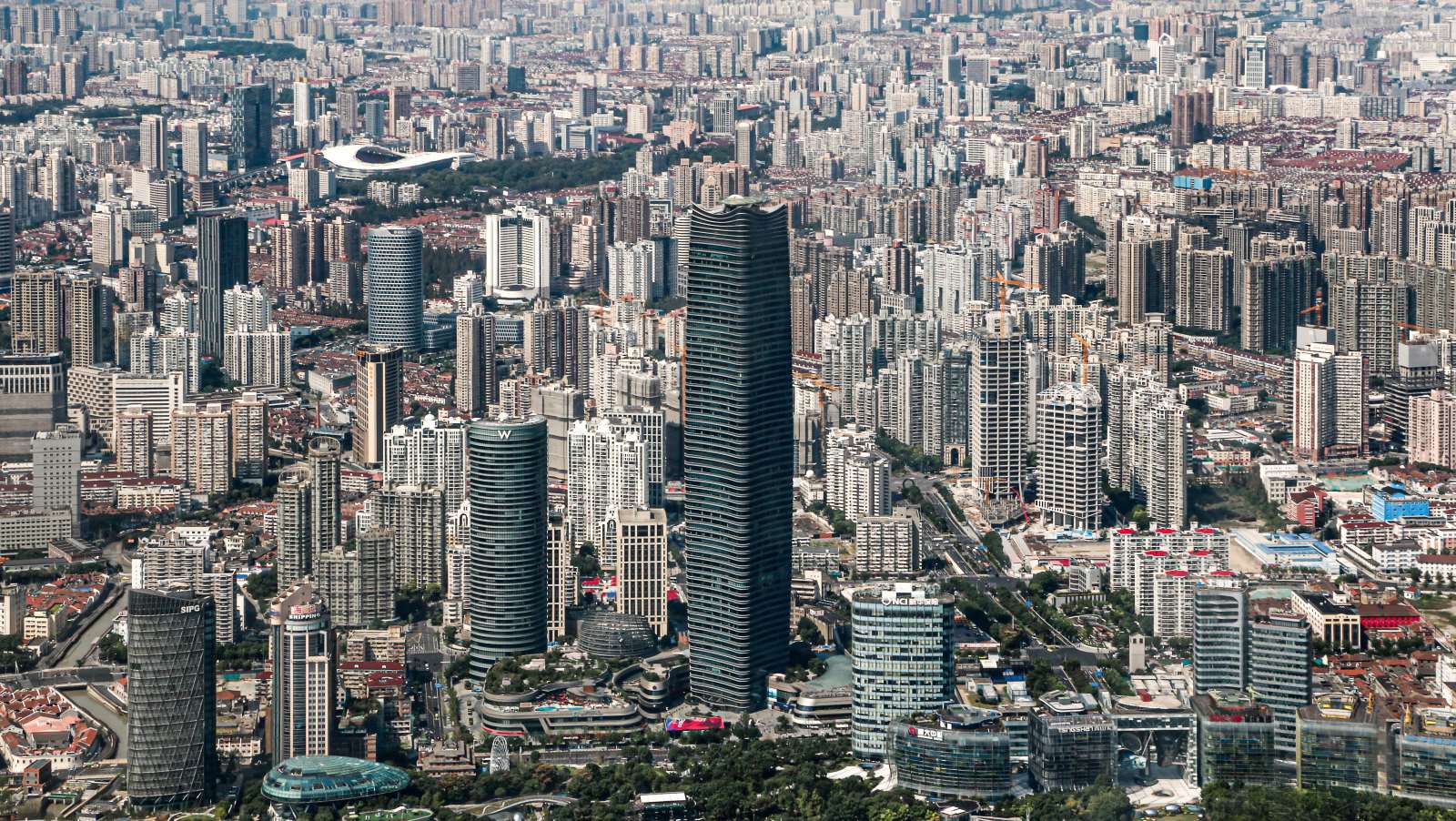
Image Credit: Shutterstock / Adam Yee
Rapid urban sprawl in China consumes vast amounts of resources and generates significant pollution, including greenhouse gases.
20. Global Warming Impact
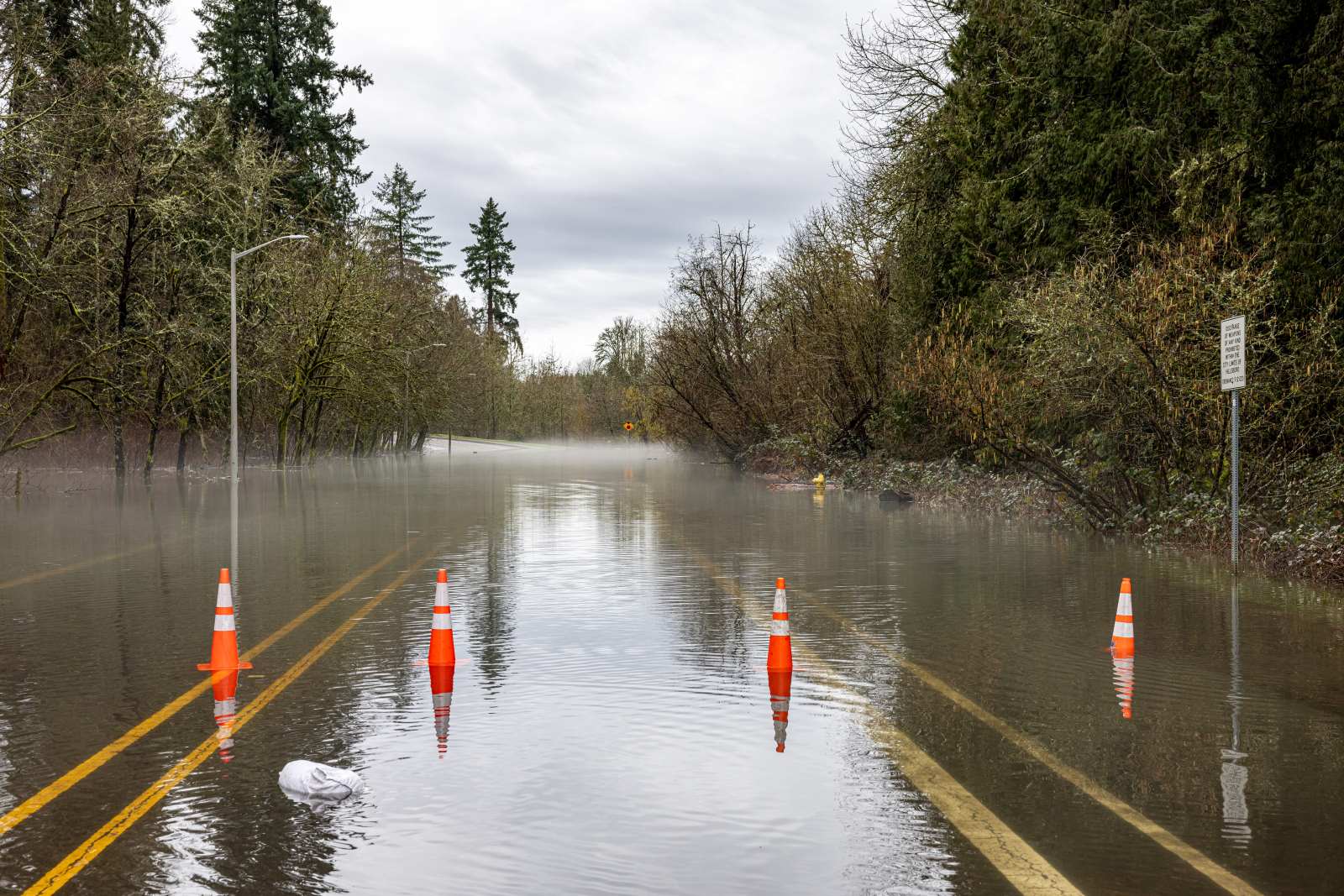
Image Credit: Shutterstock / Bandersnatch
China’s emissions significantly contribute to global warming, affecting global climate patterns and exacerbating natural disasters.
21. Leadership Role
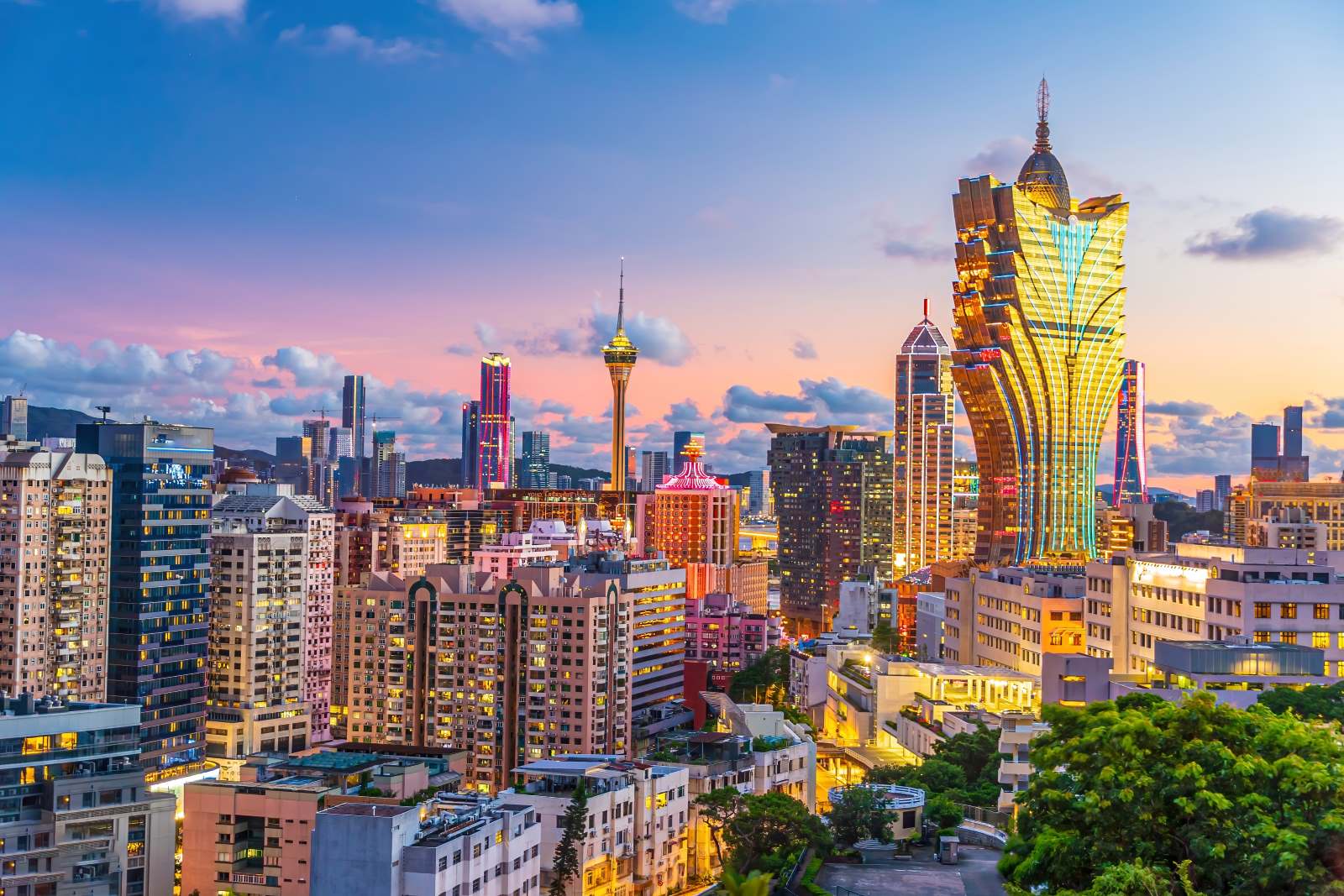
Image Credit: Shutterstock / f11photo
As a global leader, China’s failure to adequately address its environmental impact sets a poor example for other nations, especially those developing their industrial bases.
What’s Really Being Done?

Image Credit: Shutterstock / Salivanchuk Semen
While America criticizes, how much are we really doing to challenge or change China’s policies? The truth is, our reliance on Chinese industry ties our hands, while our own efforts to reduce reliance on such imports are minimal. It’s time for a serious reflection on our role in this global issue and for genuine action rather than just pointing fingers.
Featured Image Credit: Shutterstock / seaonweb.
For transparency, this content was partly developed with AI assistance and carefully curated by an experienced editor to be informative and ensure accuracy.


